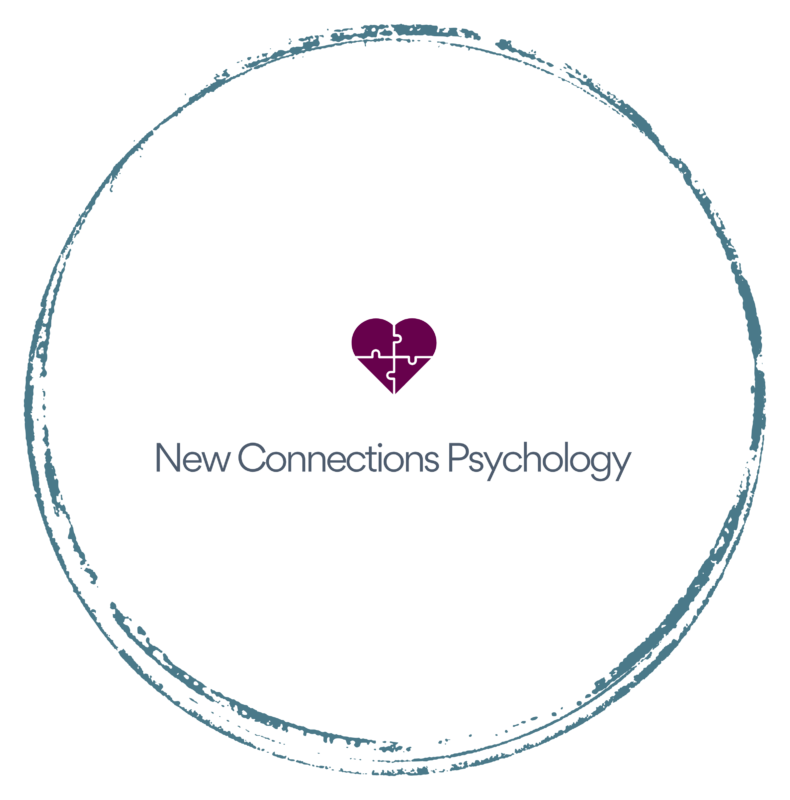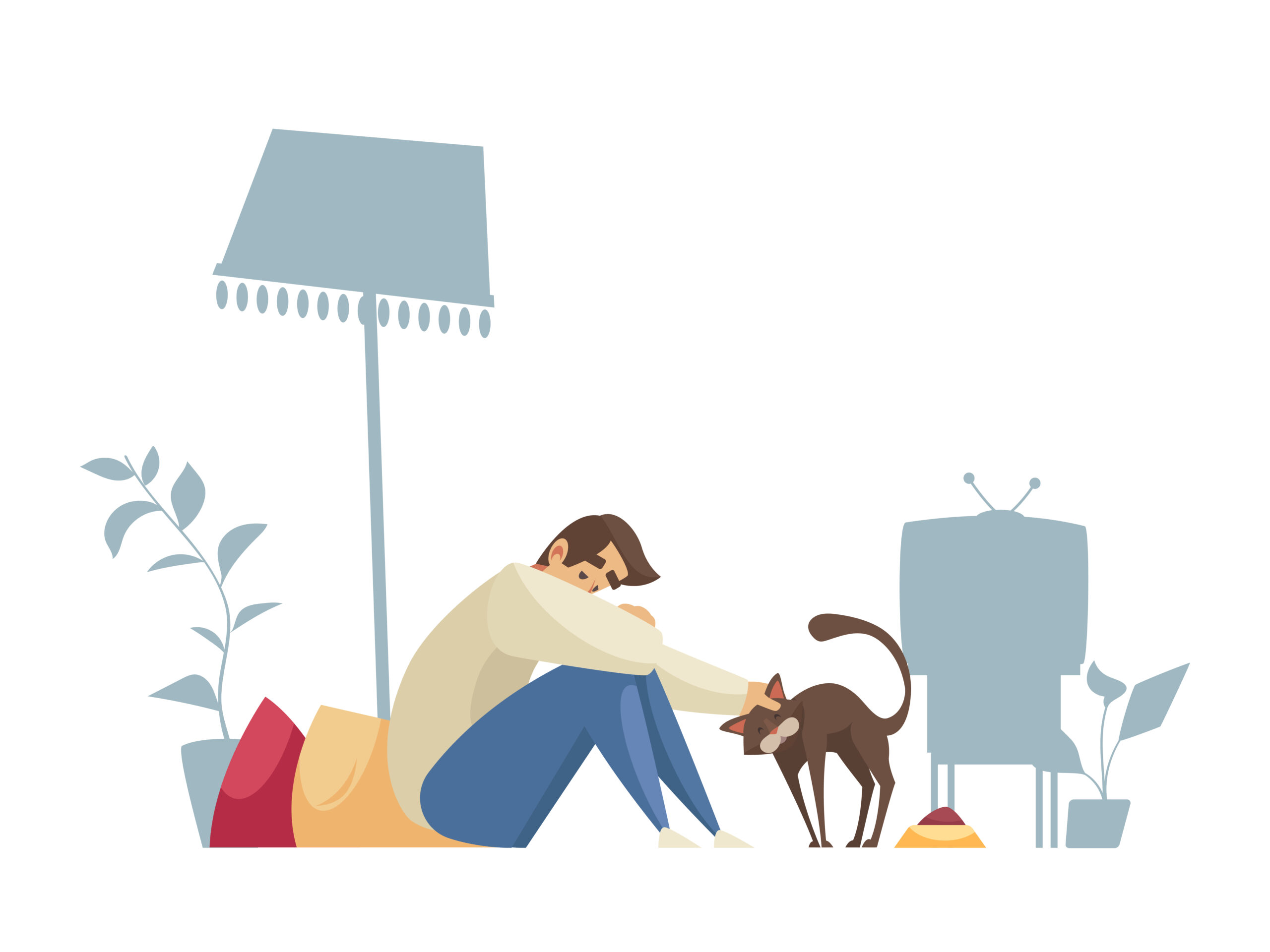Reconnect with a state of calmness and serene composure
Depression counselling that offers a supportive and professional environment where individuals can address and overcome the challenges associated with depression. Through a combination of psychotherapy techniques, such as cognitive-behavioural therapy (CBT), mindfulness-based approaches, and interpersonal therapy, we aim to help clients gain a deeper understanding of their depression, develop healthy coping strategies, and rediscover a sense of hope, resilience, and overall well-being.



